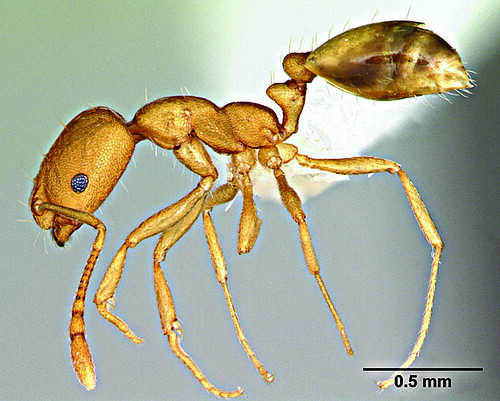Pests we do not treat
We do not treat some pests. Find out what they are and other steps you can take.
You can also find out the pests we can help you get rid of.
Foxes
As foxes do not pose a direct threat to public health, we do not consider them to be pests. We accept that they can cause problems though.
Like other London boroughs, we do not trap or destroy foxes as this is not effective. When a fox is removed another fox will take over the vacant area.
Advice is available from The Fox Project charity website. You can also contact them on 01892 824 111 or email fox@foxproject.org.uk.
We have suggestions on how to minimise the problems foxes can cause.
Bins and refuse sacks
Foxes, cats, rats and dogs can all spread rubbish around. The easiest way to solve this is to keep lids on bins and don’t leave food waste outside in bags or bin-liners.
Disturbance at night by calling and barking
Between December and February female foxes (vixens) make a screaming sound at night to show they are ready to mate. You can buy a strong-smelling repellent to discourage foxes.
Marking territory with droppings and scents
Foxes communicate with each other using scents with strong-smelling urine or faeces used to mark their territories. If you can, remove the reason for foxes marking your garden as part of their territory. This could mean removing easy sources of food. Blocking holes in fences used for access or preventing access to resting places under sheds or elsewhere can also help.
Threats to smaller household pets
Foxes pose no threat to dogs and will rarely attack a cat. If you have smaller pets or chickens in your garden, make sure you keep them in secure hutches or enclosures, especially overnight.
Pigeons
We do not provide a pest control service for pigeons.
If you're a Tower Hamlets council or housing association tenant
Please contact your Housing Officer for help.
If pigeons are causing a nuisance
If pigeons are fouling on your property and causing problems:
- We cannot send council pest control officers.
- We may be able to refer you to other organisations.
Please contact our Health and Housing Team to see who else may be able to help:
Email: Environmental.Health@towerhamlets.gov.uk
Phone: 020 7364 5008.
Oak Processionary Moth
The Oak Processionary Moth (Thaumetopoea processionea) is a pest that lives on and damages trees. It also poses a risk to human and animal health.
They need specialist control methods and need tro be reported the Department for Environment, Food and Rural Affairs (DEFRA).
Health risk
The caterpillar of this moth comes out in April every year and produces thousands of irritating hairs.
If you or your pet comes into contact with them they can cause:
- skin rashes
- sore throats
- breathing difficulties
- eye problems .
What to do if you see or touch them
If you see any Oak Processionary Moth nests or caterpillars (OPM) you should report them immediately.
It is important not to come into contact with the caterpillars, hairs or nests.
If you think you have been exposed and have an itching skin rash and/or conjunctivitis or other symptoms see a pharmacist to relieve the symptoms. If you have a more serious allergic reaction, contact your GP or call NHS Direct on 111. The call is free from any phone.
Consult a vet if your pet has a serious reaction. It is important to restrain pets from approaching nests or caterpillars.
Advice for contractors
Regulations are in place which affect how contractors working with Oak trees should be handling material within the Oak Processionary Moth affected areas.
Pharoah ants

Photo credit: Pests Ants by British_Pest_Control_Association is licensed under CC BY 2.0
How do you identify pharaoh ants?
Pharaoh ants are:
- yellow-brown in colour
- 1/10 inch (2 mm) in size
- found near warm areas and water sources
If they are dark brown to black in colour, they could be black ants.
What brings pharoah ants into your home?
Left out food can draw large numbers of ants. Meat and dairy products attract them strongly.
How do you stop them coming into your home?
Keep food and left-overs in secure containers.
Put your food waste (such as vegetable peelings) in the bin straight away.
How can you get rid of them?
You can lay poison bait and also treat the ants with a chemical. This stops the queens from laying eggs that will hatch into more ants.
Still unsure? Find out the pests we can help you get rid of.